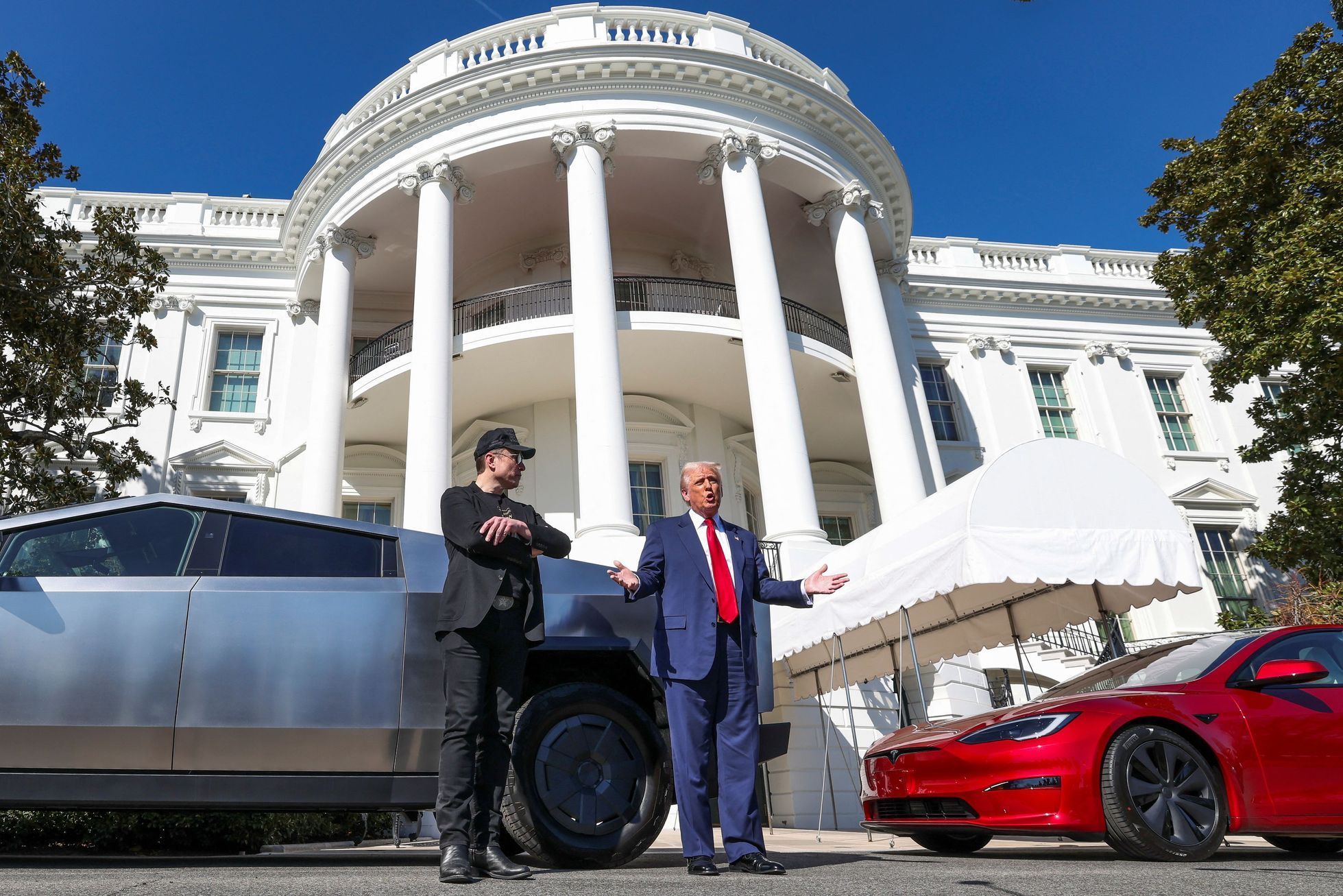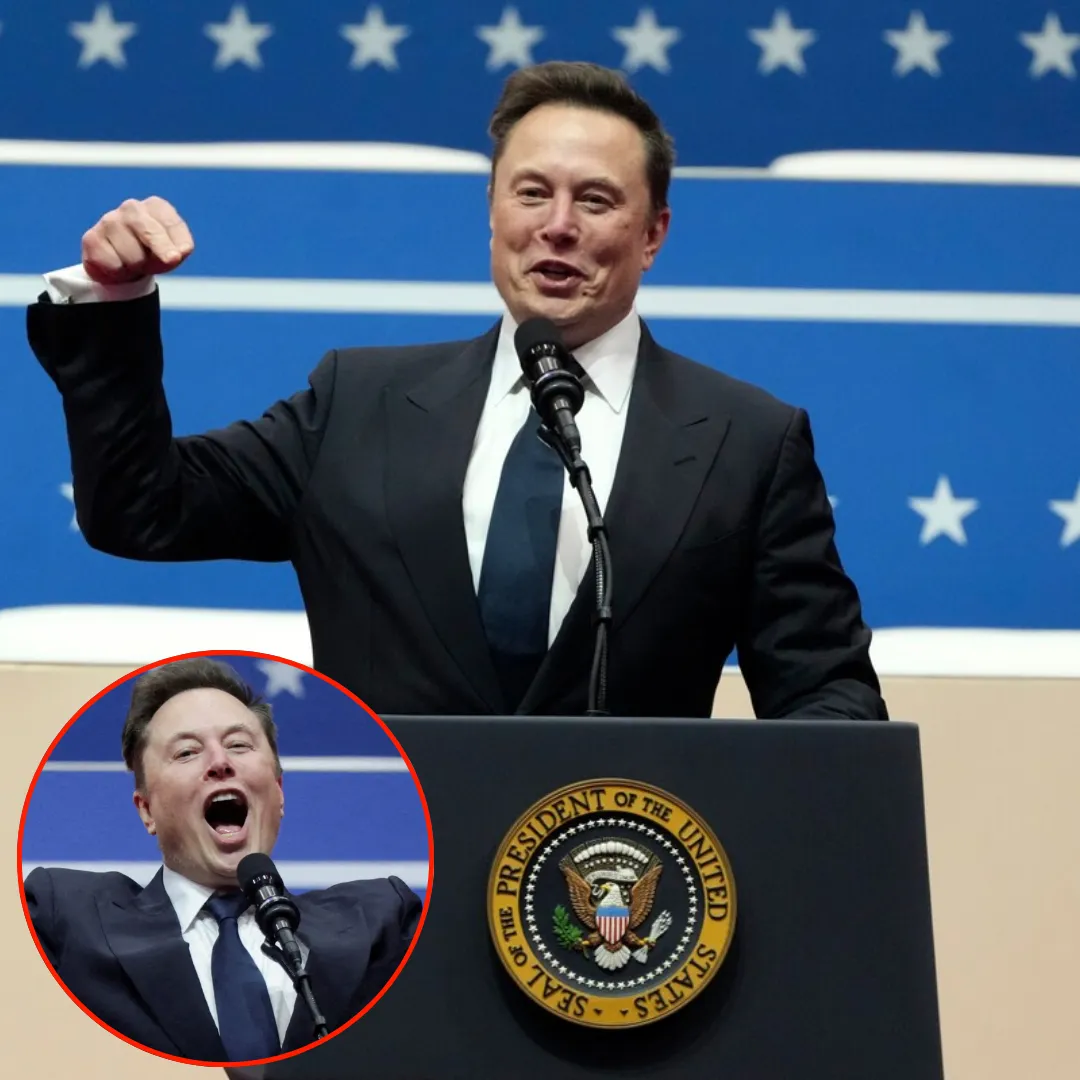
The decision by President Donald Trump to call the individuals behind the attacks on Tesla vehicles "terrorists" has sparked widespread disagreement, particularly from those who oppose his policies and rhetoric. The recent rise in attacks on electric vehicles, especially Teslas, has escalated the tension between those who support Musk and those who view his influence over the US government as dangerous.
While Trump’s administration has chosen to label these acts of vandalism as terrorism, many critics are questioning the appropriateness of this designation, arguing that it misrepresents both the nature of the attacks and the broader implications of using such a charged term.
The recent wave of vandalism against Teslas, which includes incidents of arson, tire slashing, and even shootings, appears to be a reaction to the political and corporate influence wielded by Musk. Critics of the CEO accuse him of leveraging his power to cut ties with the government, weakening its ability to regulate corporate activities, and using his vast wealth to shape policy in his favor.

The attacks on Tesla vehicles are, for some, an expression of outrage against what they perceive to be Musk’s outsized influence over government decisions. However, labeling these acts as terrorism has triggered fierce debate about the legal and moral boundaries of such a classification.
Trump’s decision to label the vandals as terrorists comes at a time when political tensions are running high in the United States. His administration has taken an increasingly hardline approach to political dissent, and the use of the term "terrorism" is not a new tactic for the president.
Terrorism, under US law, is traditionally defined as acts that are dangerous to human life, violate US or state law, and are intended to intimidate or coerce a civilian population, influence government policy by intimidation or coercion, or affect the conduct of government through mass destruction, assassination, or kidnapping. This legal definition is used to classify acts of extreme violence, typically designed to cause widespread fear or disruption.
However, many critics argue that the use of the term "terrorism" to describe the destruction of property, especially when no lives are lost or injured, is a misapplication of the concept. Domestic terrorism, as defined under US law, generally involves violent acts intended to create widespread panic and fear.

The destruction of Tesla vehicles, while illegal and politically charged, does not seem to fit this mold. The damage caused by the vandals may be significant, but it does not appear to be part of an effort to influence government policy through violence or mass destruction. Rather, these attacks seem to be more focused on expressing opposition to Musk’s political influence and corporate power.
One of the central points of contention in this debate is the way Trump has framed the issue. The president has suggested that the attacks are part of a larger, coordinated campaign by left-wing political forces.
“I think that you will find out that they’re paid by people who are very highly political on the left,” Trump claimed during an interview. However, he did not provide any concrete evidence to support this theory.
The suggestion that left-wing activists are funding and organizing these attacks has caused many to question whether the president is using the label of terrorism to push a political agenda. Critics argue that this characterization may be more about discrediting political opponents than about accurately assessing the nature of the attacks.

Elon Musk, for his part, has also suggested that there may be a coordinated effort behind the attacks on his company’s vehicles. In his own Fox News interview, Musk said, "I think there are larger forces at work as well," although he did not offer any specific details about who might be orchestrating the attacks.
This adds another layer of complexity to the situation, as Musk’s own comments seem to reinforce Trump’s narrative of a politically motivated conspiracy. Yet, like the president, Musk stopped short of offering any substantive proof or naming any specific individuals or groups responsible for the attacks.
The lack of concrete evidence linking these acts to a coordinated campaign raises important questions about whether it is appropriate to label them as terrorism. The destruction of property, while a crime, has not traditionally been classified as terrorism unless it is accompanied by acts of violence intended to instill fear in the population.
In the case of Tesla, the attacks seem to be motivated by opposition to Musk’s corporate actions and political beliefs, rather than an attempt to cause widespread panic or disrupt the functioning of government institutions.

In response to Trump’s statements, many critics have pointed out the irony of using the term "terrorism" to describe these attacks when the president himself has been criticized for his leniency toward those involved in the January 6 Capitol insurrection. Trump famously issued pardons for over 1,000 individuals who participated in the storming of the Capitol, an event that sought to disrupt the certification of the 2020 election results.
The contrast between his stance on the January 6 rioters and his labeling of the Tesla vandals as terrorists has drawn sharp rebukes from those who view the president’s rhetoric as inconsistent and politically motivated.
Daniel Byman, an expert on terrorism at the Center for Strategic and International Studies, also raised concerns about the application of the terrorism label in this context. He noted that acts of property destruction, even if politically motivated, are almost never classified as terrorism. "These attacks seemed designed not to harm people," Byman explained, emphasizing that terrorism is typically defined by its intent to cause fear and disrupt society, rather than just to destroy property. Byman’s comments reflect a broader concern that the term "terrorism" is being used too loosely and could undermine its intended meaning.
Another issue with applying the terrorism label to these attacks is the potential for overreach in how such acts are handled by law enforcement. If the US government begins to treat politically motivated vandalism as terrorism, it could lead to more aggressive legal actions and surveillance against individuals involved in protests or acts of civil disobedience.

Critics argue that this could chill free speech and political dissent, making it more difficult for people to express their opposition to powerful corporations or government policies without fear of being labeled as terrorists.
The debate over the classification of these attacks highlights the growing divide in American politics, particularly when it comes to the role of business and government in shaping public life. For Musk, the attacks on his company are a reflection of the deep polarization that exists in the country, with people on both the left and the right seeing him as a figure of political significance. The fact that his company has become a target for political protests speaks to the broader concerns about the power of big business and its influence over government policy.
In conclusion, the disagreement over whether the attacks on Tesla vehicles should be classified as domestic terrorism is part of a broader discussion about the boundaries of protest, political dissent, and government power. While Trump’s administration has chosen to apply the terrorism label to these acts, many critics argue that this is an inappropriate use of the term, one that risks undermining the true meaning of terrorism in US law.
As the debate continues, it is likely that the implications of this redefinition will reverberate through future legal and political discussions, shaping how the US responds to acts of protest, dissent, and political violence.
-1742617088-q80.webp)
-1741663514-q80.webp)
-1742447210-q80.webp)
